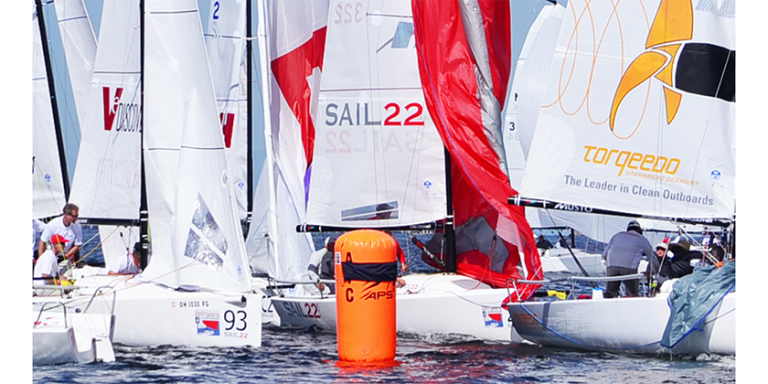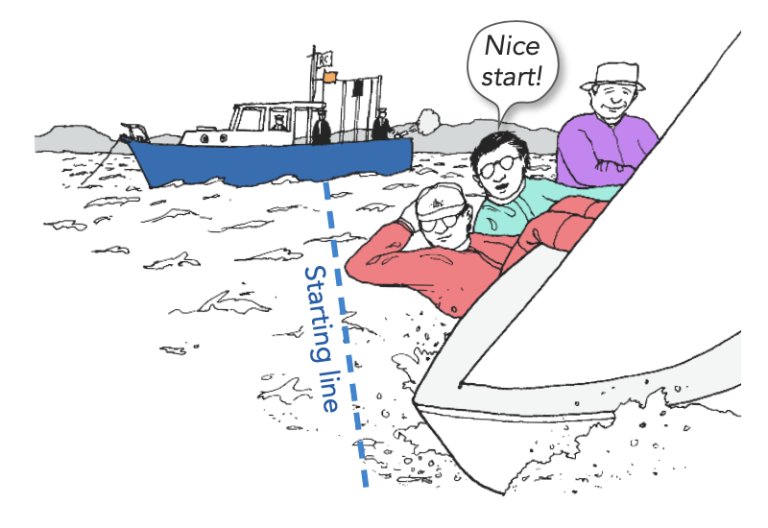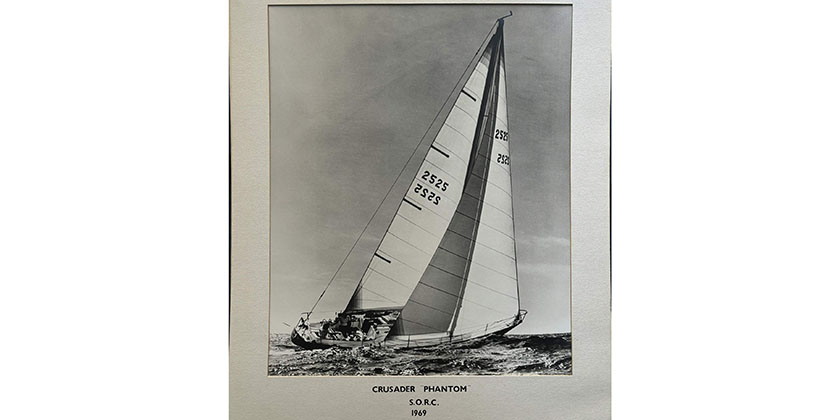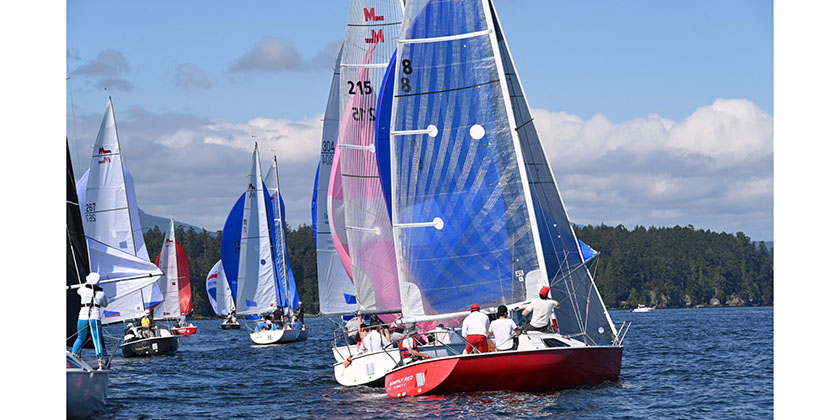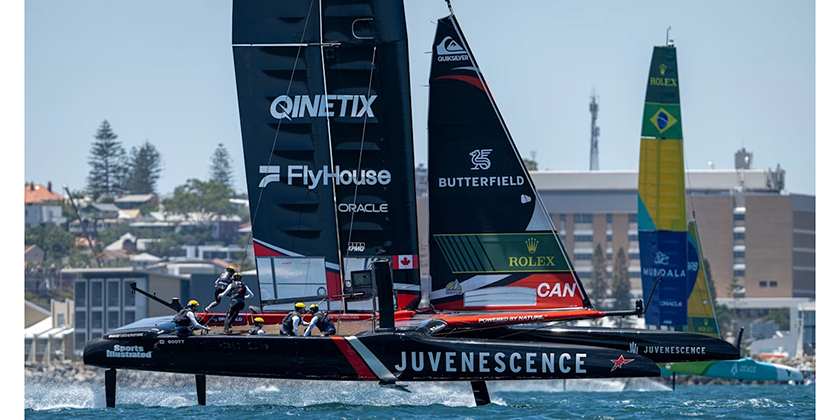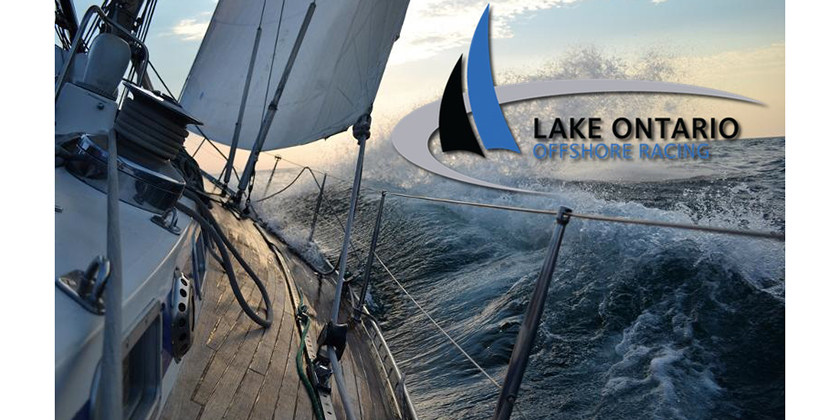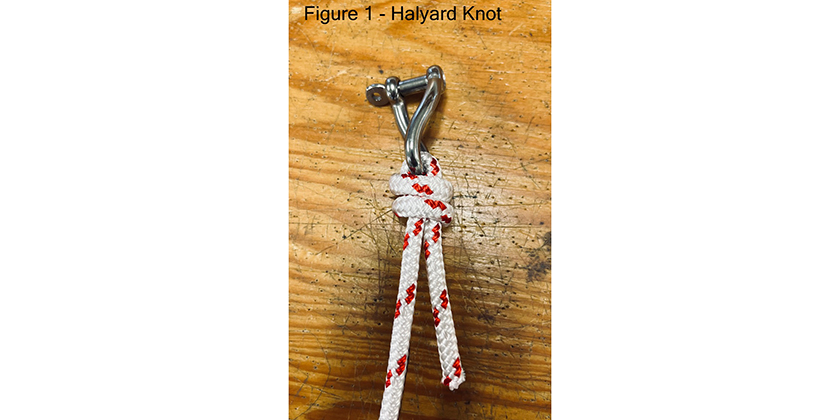Speed & Smarts: Planning for 2023 – Tips 9 to 15
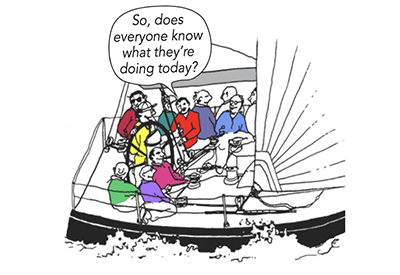
March 1, 2023
Last issue we began a series on the little things and the big things that make a difference in your performance. We continue with more of Dave’s series of tips to make you smarter and faster for racing in 2023. Now is the time to get set up for the season ahead.
9. Hold a team meeting: Getting your crew together before the race can be extremely valuable for preparation and for building team spirit. This should be done well before the first warning signal, preferably on the way out to the course. Its purpose should be to share information that crew members need to sail the race. Possible topics include:
- Crew roles (assignments, communication)
- Race procedures (e.g. sailing instructions)
- Weather information (forecast, strategy, etc.)
The goal of this meeting is to get all crew members involved in the upcoming race and thinking about their roles. The bigger your crew, the more important it is to have an organized meeting. Be sure to hold this gathering before the starting frenzy begins!
10. Warm up. You wouldn’t begin playing a soccer game without stretching your muscles and kicking the ball at least a few times. So don’t start a sailboat race cold either. Get out to the course area early enough so you will have time to get ready. Start by doing some easy tacks and jibes. Once everyone starts to get warmed up, take a break and do some stretching in the cockpit or on deck. Pay particular attention to the muscles you normally use while sailing. Then do a few more rigorous tacks and jibes, plus other maneuvers like stopping and starting, 360-degree turns, spinnaker sets and so on. If possible, practice every maneuver you may need in the race, slowly building up to race-course intensity.
11. Get rid of unnecessary weight. Heavy is slow, and the last thing you want to do in most boats and conditions is carry extra, non-essential weight around the racecourse. To prevent this, go through your hull spars and equipment and get rid of all unnecessary fittings. When you push off from the dock, leave behind extraneous clothes, gear, tools and so on. Once you’re out racing, the most common extra weight is water in your bilge. Every gallon weighs about eight pounds, and what looks like just a little water in your boat can easily be several gallons. So keep your boat dry (but be sure you have enough drinking water)!
12. Know what’s coming. To go fast, you must anticipate changes in the wind and waves that are coming. As Buddy Melges says, you have to ‘present your boat for Mother Nature.’ In other words, you must look ahead and not just react to things that have already happened. It really helps to have one crew member whose main job is to call out impending changes in the wind and waves. If possible, pick someone who will be sitting on the rail with a good view of the course and few other responsibilities. His or her job includes the following:
- Communication of info such as, ‘Flat spot for two lengths’ or ‘Small puff coming in 20 seconds.’
- Talking in a loud, clear voice so the trimmers and helm can easily hear.
13. Be proactive, not reactive. One of the unique things about sailing is that you must constantly deal with change. The wind changes, the water surface changes, the equipment on your boat changes, and so on. How well you handle these changes will make a big difference in how fast you go. For example, if you always react to changes after they happen, you will be going at less than full speed for at least a few seconds every time a change occurs. If, on the other hand, you anticipate changes, you can keep your boat going at or near optimum speed all the time. So, keep your head out of the boat and be proactive.
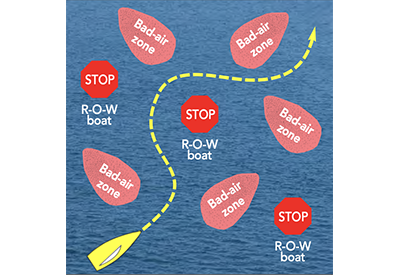 14. Avoid other boats! There is almost never anything good that comes from being near other boats in a race. Potential problems with boat traffic include:
14. Avoid other boats! There is almost never anything good that comes from being near other boats in a race. Potential problems with boat traffic include:
- Keeping clear of boats with the right of way;
- Being slowed by sailing in (or trying to avoid) wind shadows and bumpy water;
- Losing your option to tack or jibe when necessary.
For all these reasons, try generally to avoid getting tangled up with other boats.
15. Remember the big picture. A large percentage of errors made by racing boats occur because sailors are too focused on what’s happening in or near their own boat. A good example is failing to notice that you could fetch the next mark on one tack. Or not seeing a converging starboard tacker until the very last second. Remind yourself (and your teammates) to keep your head(s) out of the boat.
 Dave Dellenbaugh is the publisher, editor and author of Speed & Smarts, the racing newsletter. He was the tactician and starting helmsman on America3 during her successful defense of the America’s Cup in 1992 and sailed in three other America’s Cup campaigns from 1986 to 2007. David is also two-time winner of the Canada’s Cup, a Lightning world champion, two-time Congressional Cup winner, seven-time Thistle national champion, three-time Prince of Wales U.S. match racing champion and past winner of the U.S. Team Racing Championship for the Hinman Trophy. He is currently a member of the US Sailing Racing Rules Committee (and was its chairman from 2005-2008).
Dave Dellenbaugh is the publisher, editor and author of Speed & Smarts, the racing newsletter. He was the tactician and starting helmsman on America3 during her successful defense of the America’s Cup in 1992 and sailed in three other America’s Cup campaigns from 1986 to 2007. David is also two-time winner of the Canada’s Cup, a Lightning world champion, two-time Congressional Cup winner, seven-time Thistle national champion, three-time Prince of Wales U.S. match racing champion and past winner of the U.S. Team Racing Championship for the Hinman Trophy. He is currently a member of the US Sailing Racing Rules Committee (and was its chairman from 2005-2008).
You can subscribe to the Speed & Smarts newsletter HERE.

